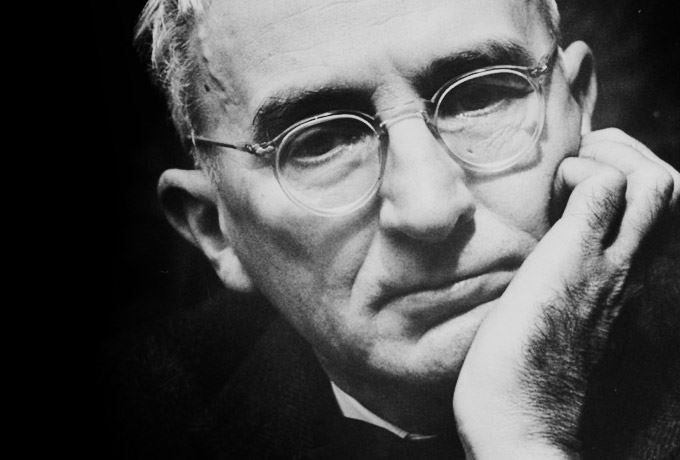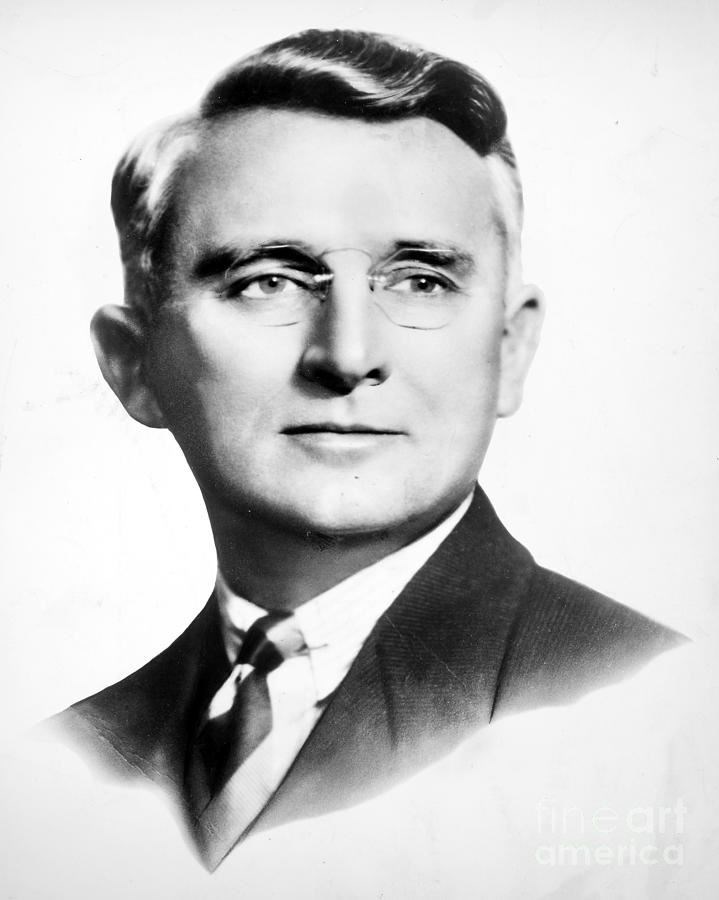 |
| ( Carnegie 1913) |
My hero is an American lecturer and writer - Dale Carnegie, who was born in poverty on a farm in Missouri.
He is the author of "How to Win Friends and Influence People" (1936), "How to Stop Worrying and Start Living" (1948) and many other books.
It is a life-story, how a boy, who lived in a poor family, became a famous orator.
I started reading his books when I was 15, and he impressed me. He taught people many useful things, for example, how to speak with different people without embarrassment and fear, how not to be anxious etc.
His books taught me to look easier at different problems in my life, to see my life as a big joke. I am thankful for it, it made me stronger when I want to be weak, and it helped me in my school days not to get bad marks and, of course, to find more friends.
I advise everybody to read his book, and the world will change.
Unfortunately, I have no time to read now, and I am still afraid to speak with big public; it is a childish fear and I hope that I will change it.
 |
| when he was young ( Dale Carnegie (1888-1955) is a photograph by Granger ) |
HIS RULES
These are the Golden Rules developed by Dale Carnegie.
I believe that these Rules from Dale Carnegie's Golden Book will change anyone's mind positively.
Principles from How to Win Friends and Influence People.
Become a Friendlier Person.
Don't criticize, condemn or complain.
Give honest, sincere appreciation.
Arouse in the other person an eager want.
Become genuinely interested in other people.
Smile.
Remember that a person's name is to that person the sweetest and most important sound in any language.
Be a good listener.
Encourage others to talk about themselves.
Talk in terms of other person's interests.
Make the other person feel important - and do it sincerely.
 |
| () |
Win People to Your Way of Thinking
The only way to get the best of an argument is to avoid it.
Show respect for the other person's opinion.
Never say, "you're wrong."
If you are wrong, admit it quickly and emphatically.
Begin in a friendly way.
Get the other person saying, "yes, yes" immediately.
Let the other person do a great deal of the talking.
Try honestly to see things from the other person's point of view.
Be sympathetic with the other person's ideas and desires.
Appeal to the nobler motives.
Dramatize your ideas.
Throw down a challenge.
Be a Leader
Begin with praise and honest appreciation.
Call attention to people's mistakes indirectly.
Talk about your own mistakes before criticizing the other person.
Ask questions instead of giving direct orders.
Let the other person save face.
Praise the slightest improvement and praise every improvement.
Be "hearty in your approbation and lavish in your praise."
Give the other person a fine reputation to live up to.
Use encouragement.
Make the fault seem easy to correct.
Make the other person happy about doing the thing you suggest.
Fundamental Principles for Overcoming Worry
Live in "day-tight compartments."
How to face trouble:
> Ask yourself,
"What is the worst that can possibly happen?"
>
Prepare to accept the worst.
>
Try to improve on the worst.
Remind yourself of the exorbitant price you can pay for worry in terms of your health.
Basic Techniques in Analyzing Worry
Get all the facts.
Weight all the facts - then come to a decision.
Once a decision is reached, act!
Write out and answer the following question:
>
What is the problem?
>
What are the causes of the problem?
>
What are the possible solutions?
>
What is the best possible solution?
Page created on 5/13/2017 12:00:00 AM
Last edited 5/13/2017 12:00:00 AM



